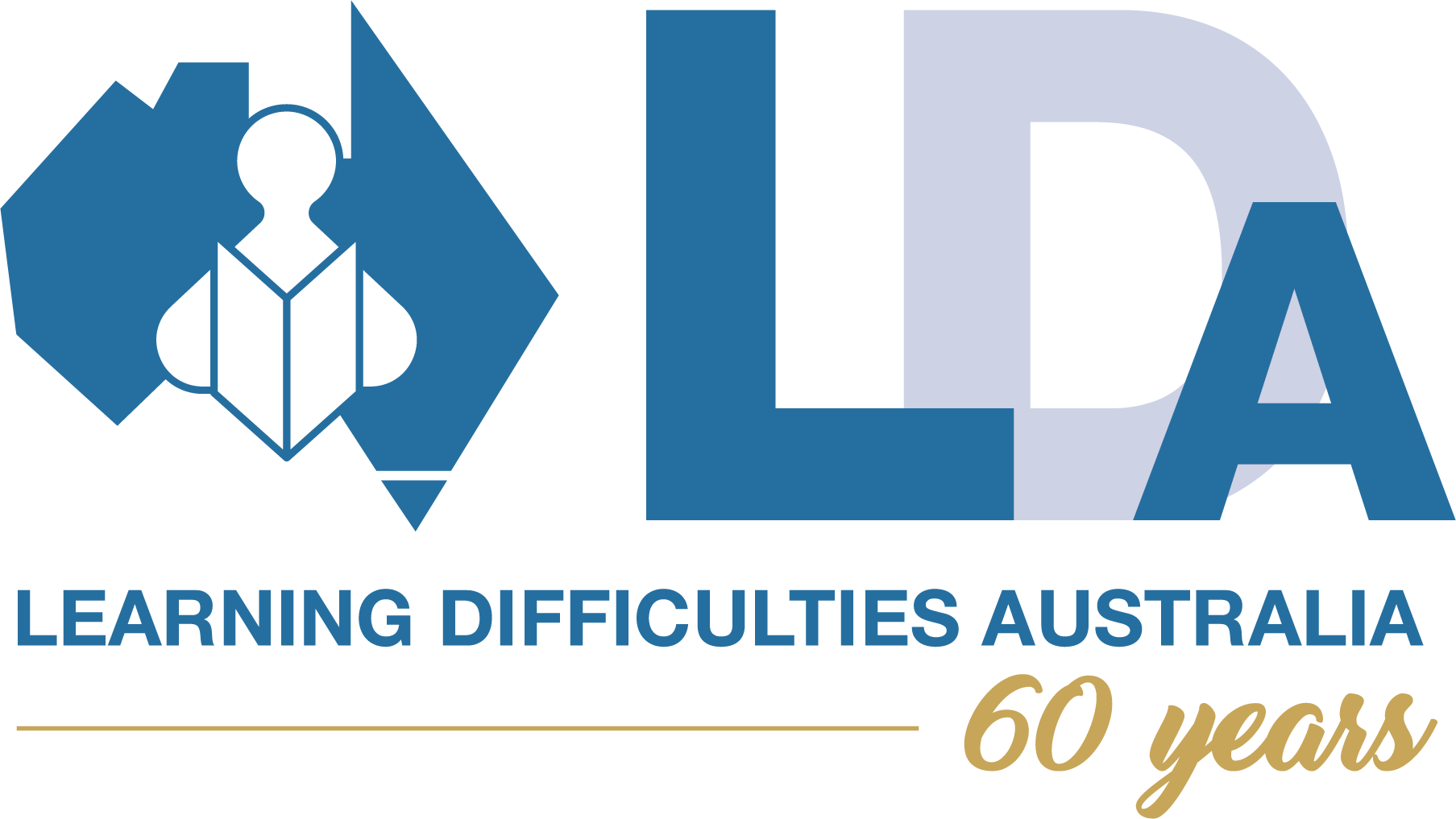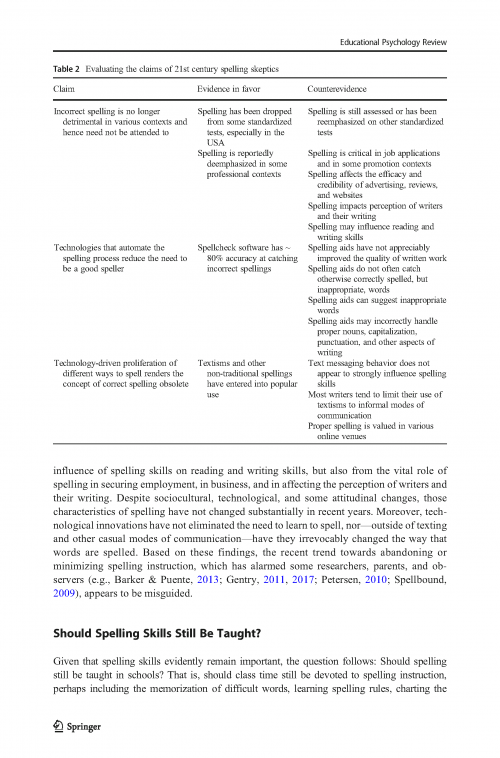A century ago, spelling skills were highly valued and widely taught in schools using traditional methods, such as weekly lists, drill exercises, and low- and high-stakes spelling tests. That approach was featured in best-selling textbooks such as the Horn-Ashbaugh Speller of 1920. In the early 21st century, however, skepticism as to the importance of spelling has grown, some schools have deemphasized or abandoned spelling instruction altogether, and there has been a proliferation of non-traditional approaches to teaching spelling. These trends invite a reevaluation of the role of spelling in modern English-speaking societies and whether the subject should be explicitly taught (and if so, what are research-supported methods for doing so). In this article, we examine the literature to address whether spelling skills are still important enough to be taught, summarize relevant evidence, and argue that a comparison of common approaches to spelling instruction in the early 20th century versus more recent approaches provides some valuable insights. We also discuss the value of explicit spelling instruction and highlight potentially effective ways to implement such instruction, including the use of spelling tests. Overall, our goals are to better characterize the role of spelling skills in today’s society and to identify several pedagogical approaches—some derived from traditional methods and others that are more recent—that hold promise for developing such skills in efficient and effective ways.
Pan, S.C., Rickard, T.C. & Bjork, R.A. (2021). Does Spelling Still Matter—and If So, How Should It Be Taught? Perspectives from Contemporary and Historical Research. Educational Psychology Review. https://doi.org/10.1007/s10648-021-09611-y

